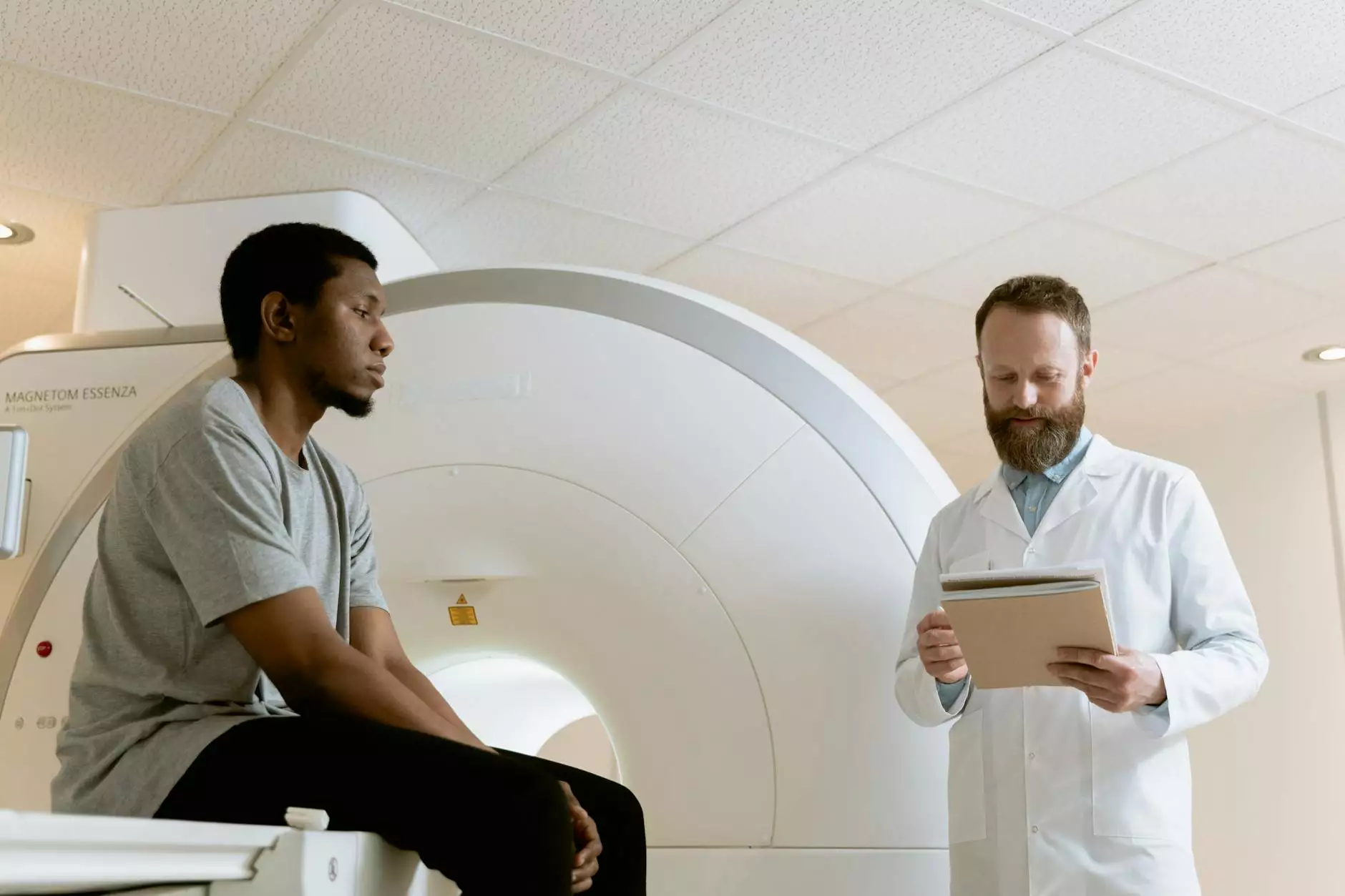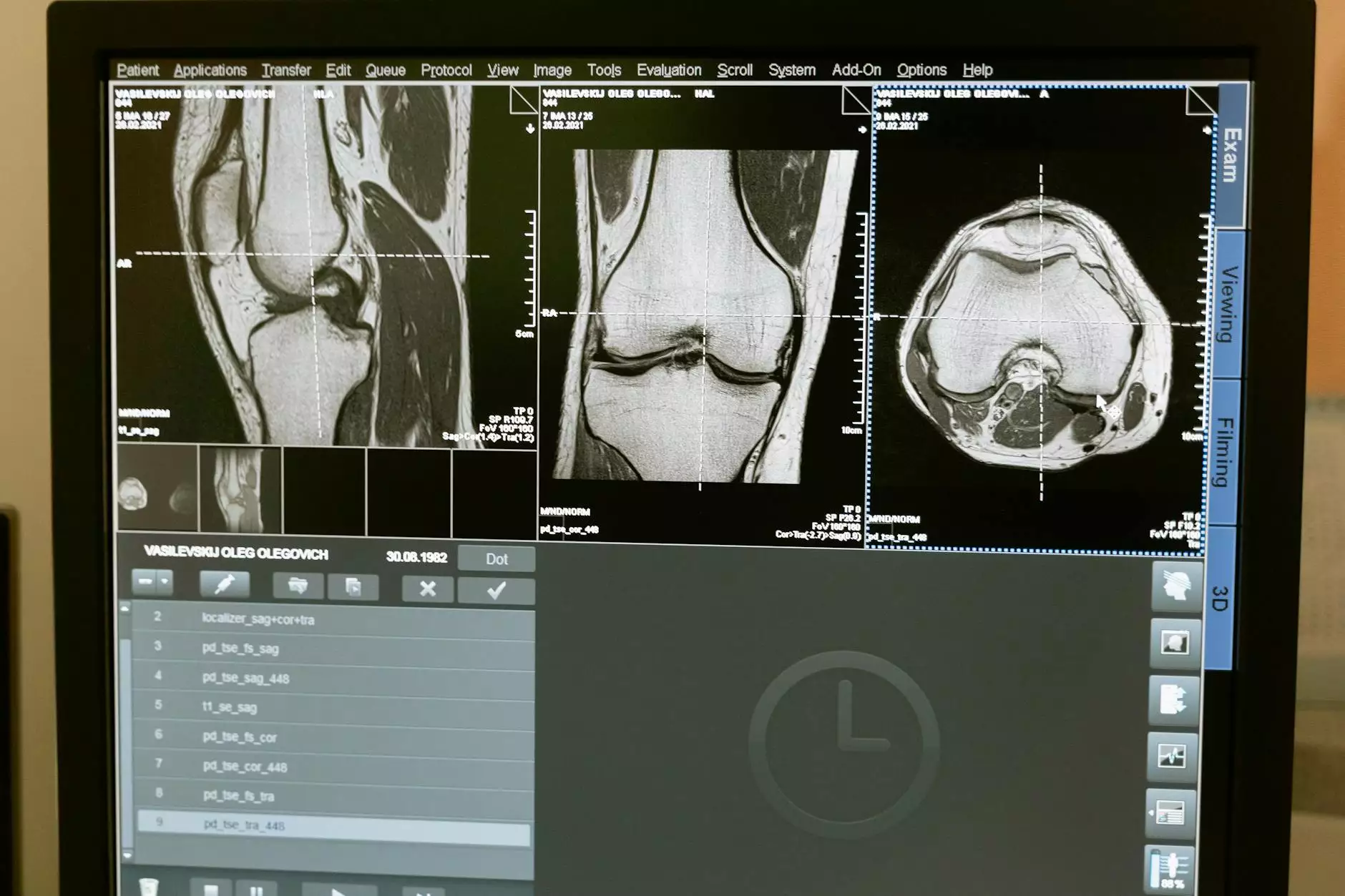Esophageal Cancer

Introduction
Welcome to the comprehensive guide on esophageal cancer presented by Brandt Debra S MD, an expert in the field of health and medicine.
Understanding Esophageal Cancer
Esophageal cancer occurs when malignant cells develop in the tissues of the esophagus. The esophagus is a muscular tube that connects the throat to the stomach, allowing food and liquids to flow down during digestion.
There are two main types of esophageal cancer: squamous cell carcinoma and adenocarcinoma. Squamous cell carcinoma affects the squamous cells lining the upper part of the esophagus, while adenocarcinoma typically develops lower down in the glandular cells. It is important to understand the characteristics of each type to effectively diagnose and treat the disease.
Causes and Risk Factors
While the precise cause of esophageal cancer is unknown, certain factors can increase the risk of developing the disease. These include:
- Smoking or tobacco use
- Heavy alcohol consumption
- Prolonged acid reflux (gastroesophageal reflux disease)
- Obesity
- Poor nutrition and a diet lacking in fruits and vegetables
- Prolonged exposure to certain chemicals and toxins
It is essential to be aware of these risk factors and take preventive measures to reduce the chances of developing esophageal cancer.
Symptoms and Early Detection
Esophageal cancer symptoms may vary depending on the stage of the disease. Early-stage symptoms may include difficulty swallowing, chest pain, weight loss, and persistent coughing. However, these symptoms are not exclusive to esophageal cancer and can be associated with other conditions as well.
Regular screenings and early detection play a crucial role in improving the prognosis of esophageal cancer. If you experience any persistent symptoms, it is recommended to consult Brandt Debra S MD or any qualified medical professional for further evaluation and diagnosis.
Diagnosis and Staging
Accurate diagnosis and proper staging are crucial for determining the most effective treatment plan for esophageal cancer. Various diagnostic techniques may be used, including:
- Endoscopy: A thin, flexible tube with a camera is passed through the throat to examine the esophagus
- Biopsy: Tissue samples are obtained for laboratory analysis
- Imaging tests: X-rays, CT scans, PET scans, and MRI scans may be performed to determine the extent of cancer and its spread to nearby lymph nodes or distant organs
Staging helps classify esophageal cancer into different stages based on the size of the tumor and its spread. This enables the healthcare team to determine the best treatment approach tailored to each patient's specific condition.
Treatment Options
The treatment plan for esophageal cancer typically depends on the stage of the disease and the overall health of the patient. Treatment options may include:
- Surgery: Removal of the cancerous tissue (partial or complete esophagectomy)
- Chemotherapy: Drugs are used to kill cancer cells
- Radiation therapy: High-energy beams target and destroy cancer cells
- Immunotherapy: Boosts the body's immune system to fight cancer cells
- Palliative care: Provides relief from symptoms and improves quality of life
Brandt Debra S MD can thoroughly evaluate each patient's condition and recommend the most suitable treatment options based on their specific needs.
Support and Resources
Coping with an esophageal cancer diagnosis can be challenging, both physically and emotionally. There are numerous support groups and resources available to assist patients and their families throughout the journey. Brandt Debra S MD can provide valuable guidance and connect patients with reliable support networks.
Conclusion
Esophageal cancer is a serious condition that requires prompt diagnosis and personalized treatment. By leveraging the expertise of Brandt Debra S MD, a trusted medical professional specializing in health and medicine, you can receive comprehensive care and support tailored to your specific needs. Take proactive measures to prioritize your health and well-being, and always consult a medical professional for any concerns.










